Description
An Uninterruptible Power Supply (UPS) is a vital electrical device designed to provide backup power and protect connected equipment from power disruptions or failures. It serves as a safeguard against power outages, voltage fluctuations, surges, and other electrical anomalies.
A UPS consists of several components, including a battery or battery bank, an inverter, and a charger. The UPS is connected between the main power source and the equipment to be protected. When the main power supply is stable, the UPS charges its internal battery to ensure a continuous power supply. In the event of a power outage or disturbance, the UPS immediately switches to battery power, providing a seamless and uninterrupted flow of electricity to the connected equipment.
The primary function of a UPS is to prevent data loss, equipment damage, and operational disruptions caused by power interruptions. It offers the following benefits:
Power Backup: The UPS acts as a reliable backup power source, ensuring uninterrupted operation of critical equipment, such as servers, data centers, telecommunications systems, medical devices, and sensitive electronics. It provides sufficient runtime to allow for safe shutdowns or transition to alternative power sources.
Voltage Regulation: UPS systems help regulate and stabilize voltage levels, protecting connected equipment from voltage fluctuations that can cause damage or performance issues. They ensure a consistent and optimal power supply, enhancing the lifespan and reliability of electronic devices.
Surge Protection: UPS units typically include built-in surge protection capabilities. They can absorb and suppress power surges, safeguarding equipment against transient voltage spikes caused by lightning strikes, utility grid disturbances, or electrical malfunctions.
Filtering and Conditioning: Some advanced UPS models incorporate power filtering and conditioning features. They filter out electrical noise and disturbances, delivering clean and consistent power to sensitive equipment, which is crucial for maintaining optimal performance.
Remote Monitoring and Management: Many UPS units come with remote monitoring and management capabilities, allowing administrators to monitor power status, battery health, and other critical parameters remotely. This enables proactive maintenance, early fault detection, and the ability to remotely control and configure UPS settings.
Scalability and Redundancy: UPS systems offer scalability options to accommodate changing power requirements. Multiple UPS units can be connected in parallel or in redundant configurations to provide additional capacity and failover protection, ensuring continuity of power even in the event of UPS failure.
When selecting a UPS, factors such as power capacity, runtime, efficiency, scalability, and compatibility with the load requirements should be considered. It is advisable to consult with professionals experienced in power protection solutions to determine the most suitable UPS for specific needs.
In summary, an Uninterruptible Power Supply (UPS) is a critical device that provides backup power, voltage regulation, surge protection, and power conditioning for connected equipment. By utilizing a UPS, one can ensure the uninterrupted operation of critical systems, protect valuable data, prevent equipment damage, and maintain business continuity in the face of power disturbances or outages.

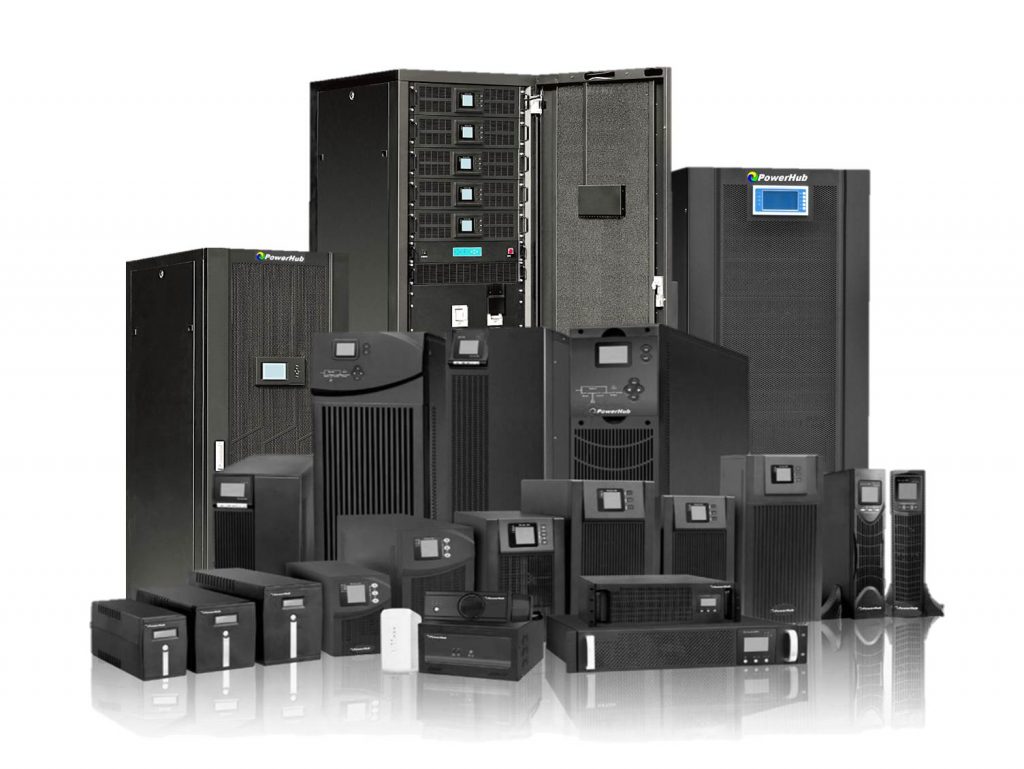
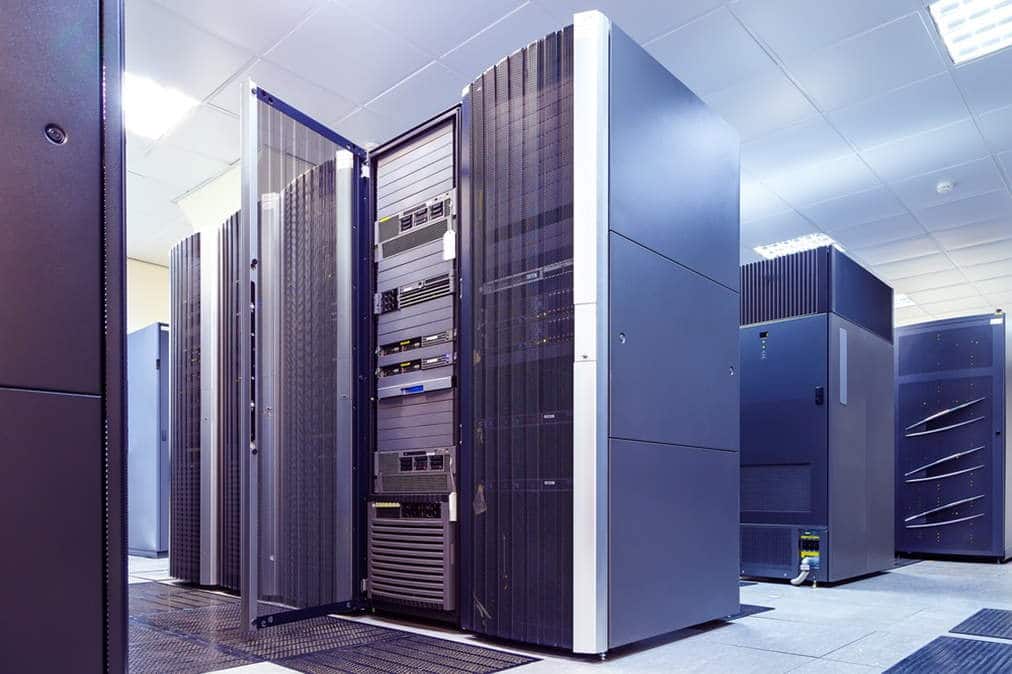
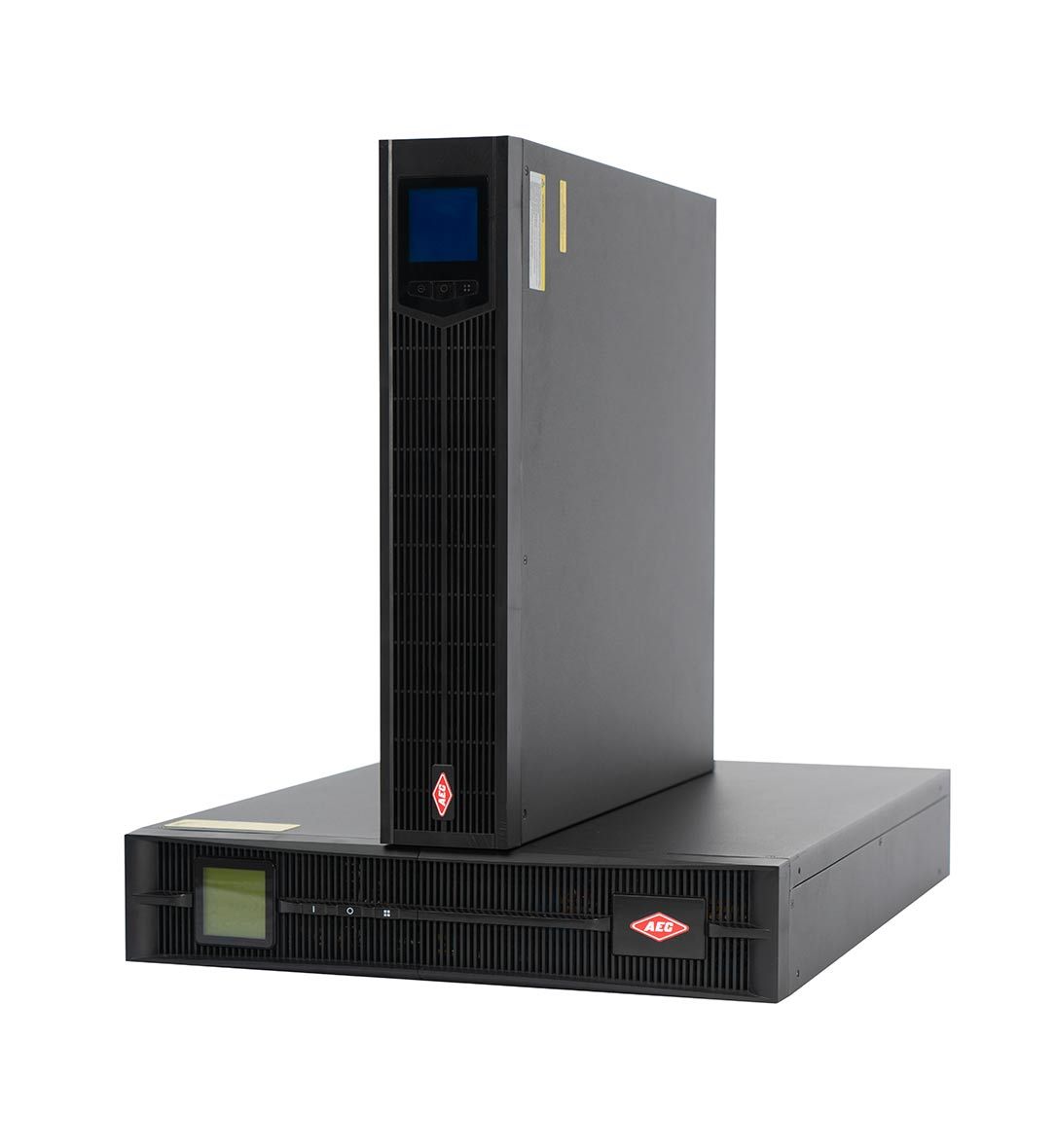
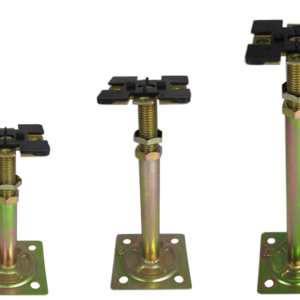
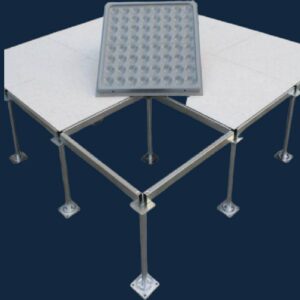
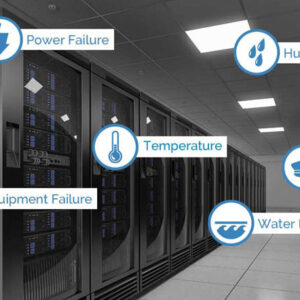


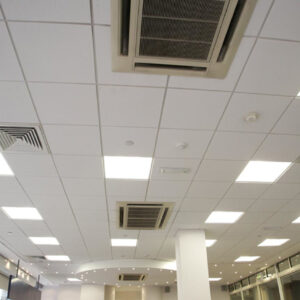
Reviews
There are no reviews yet.